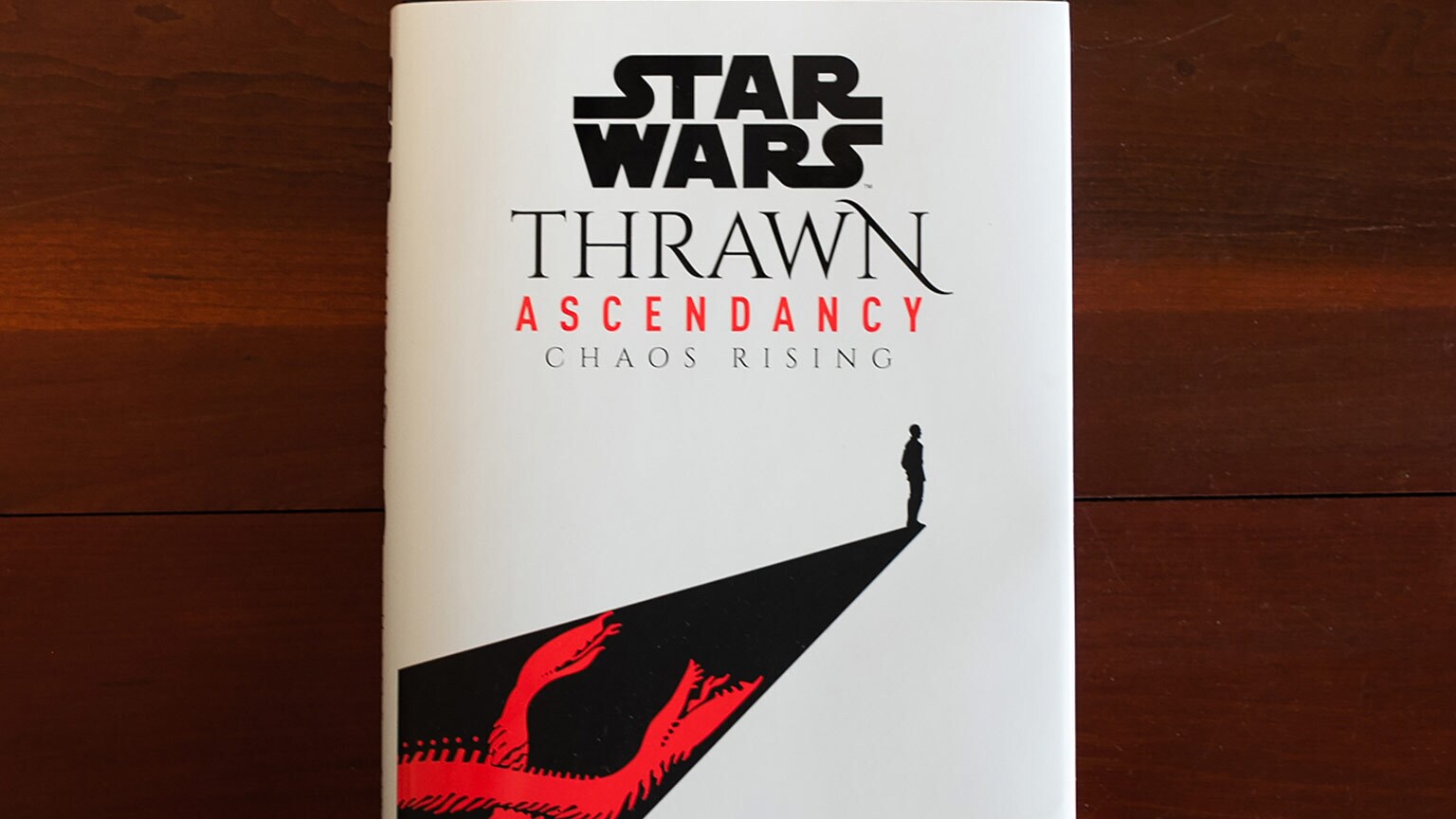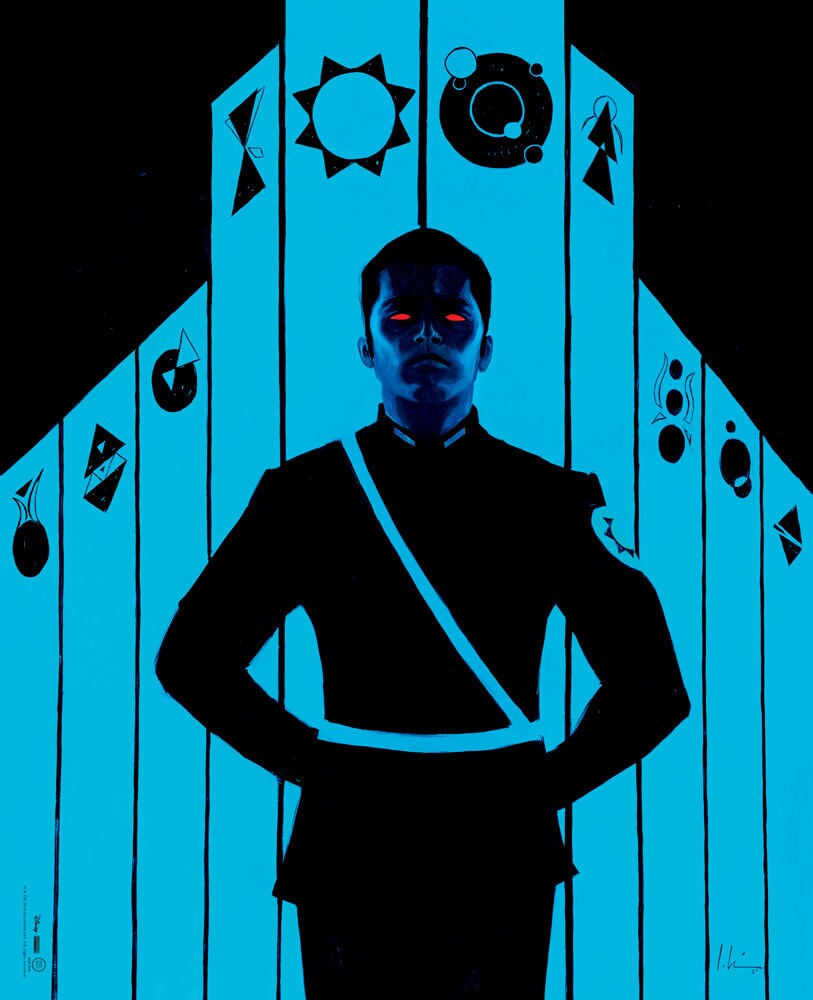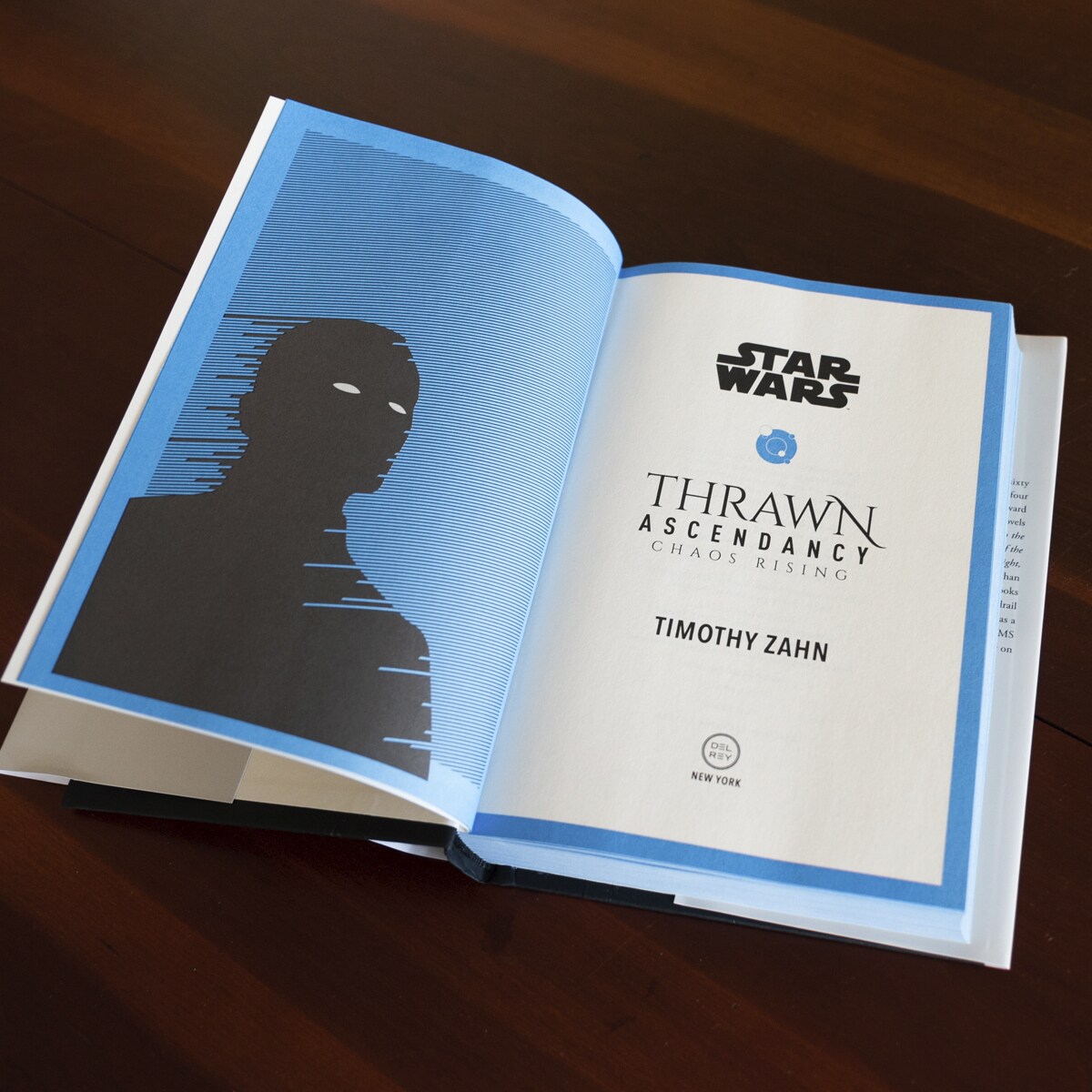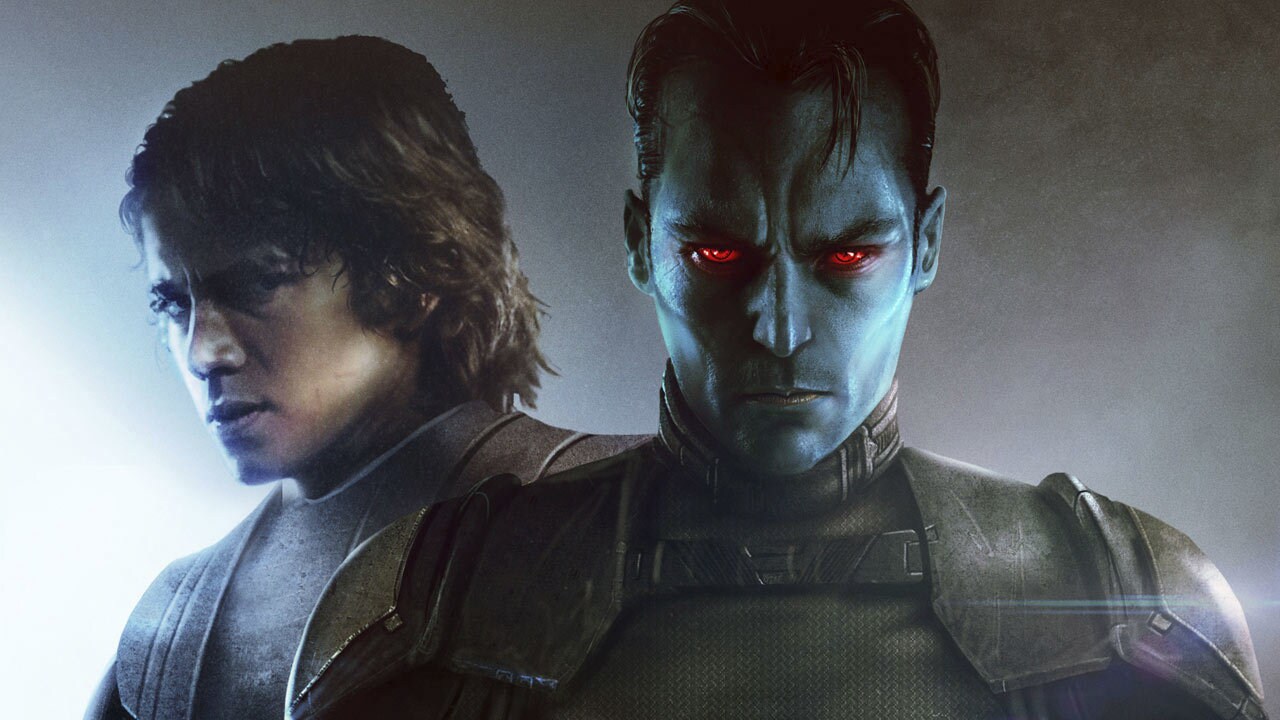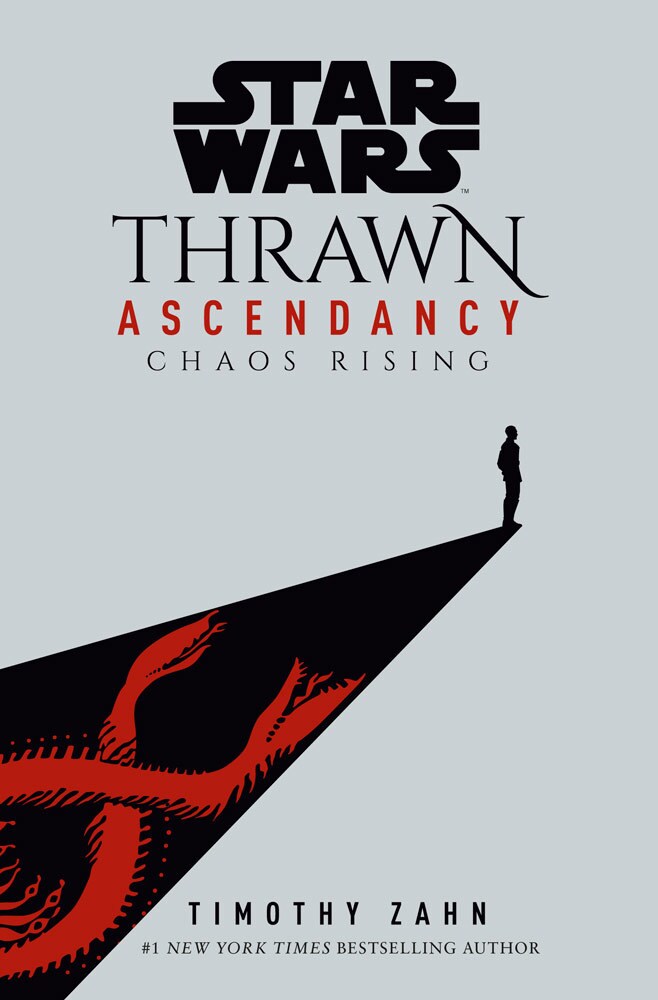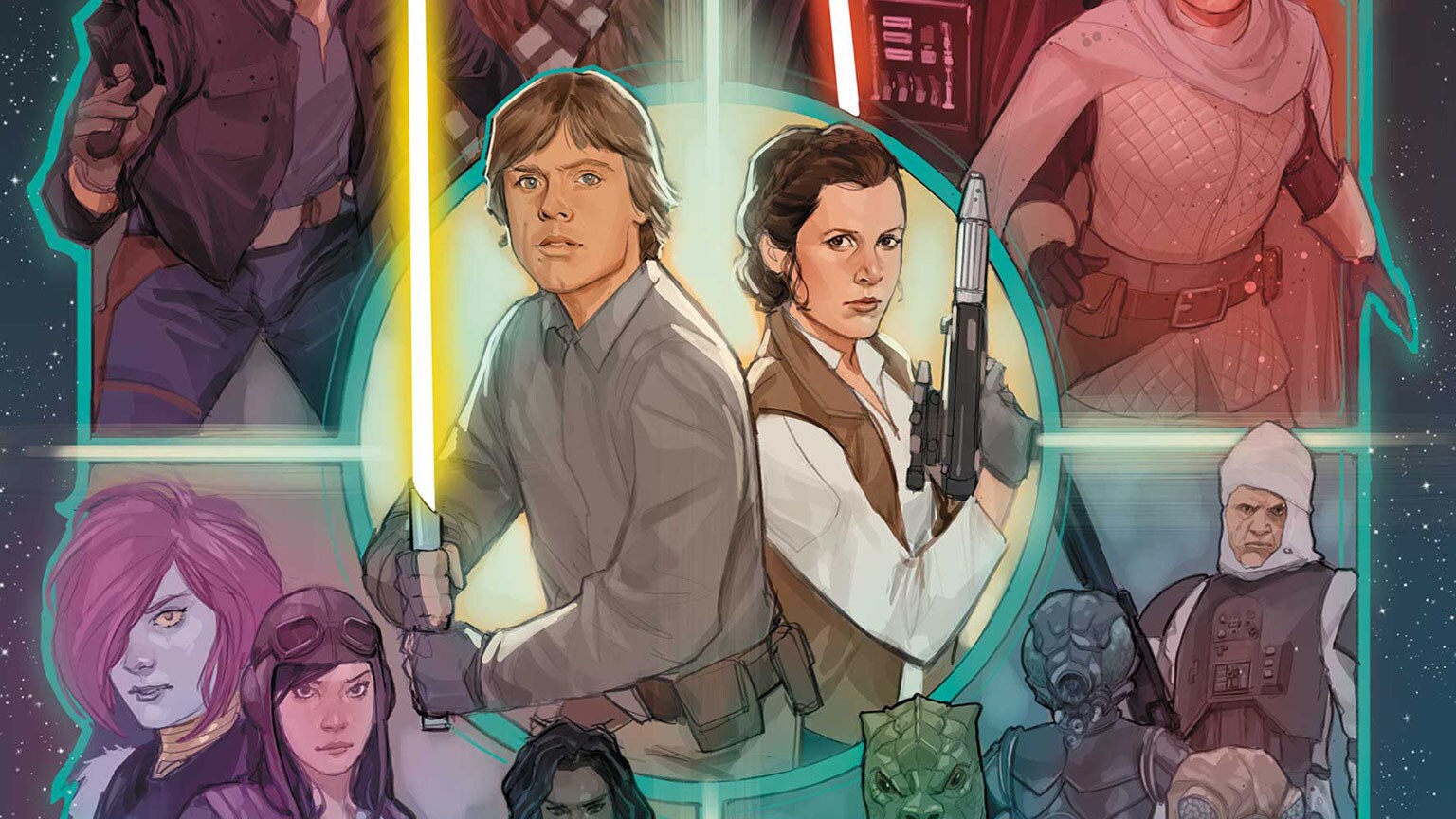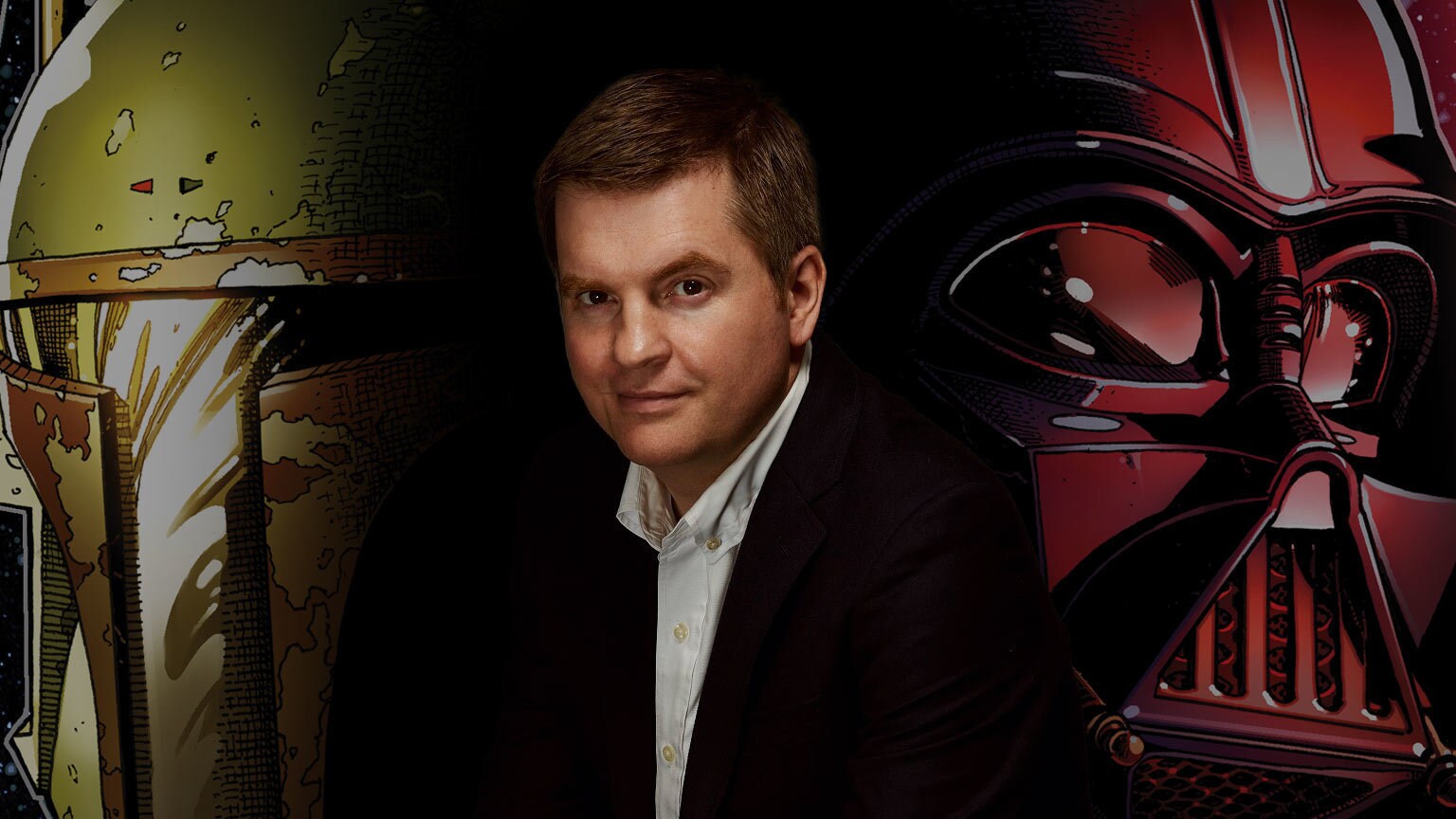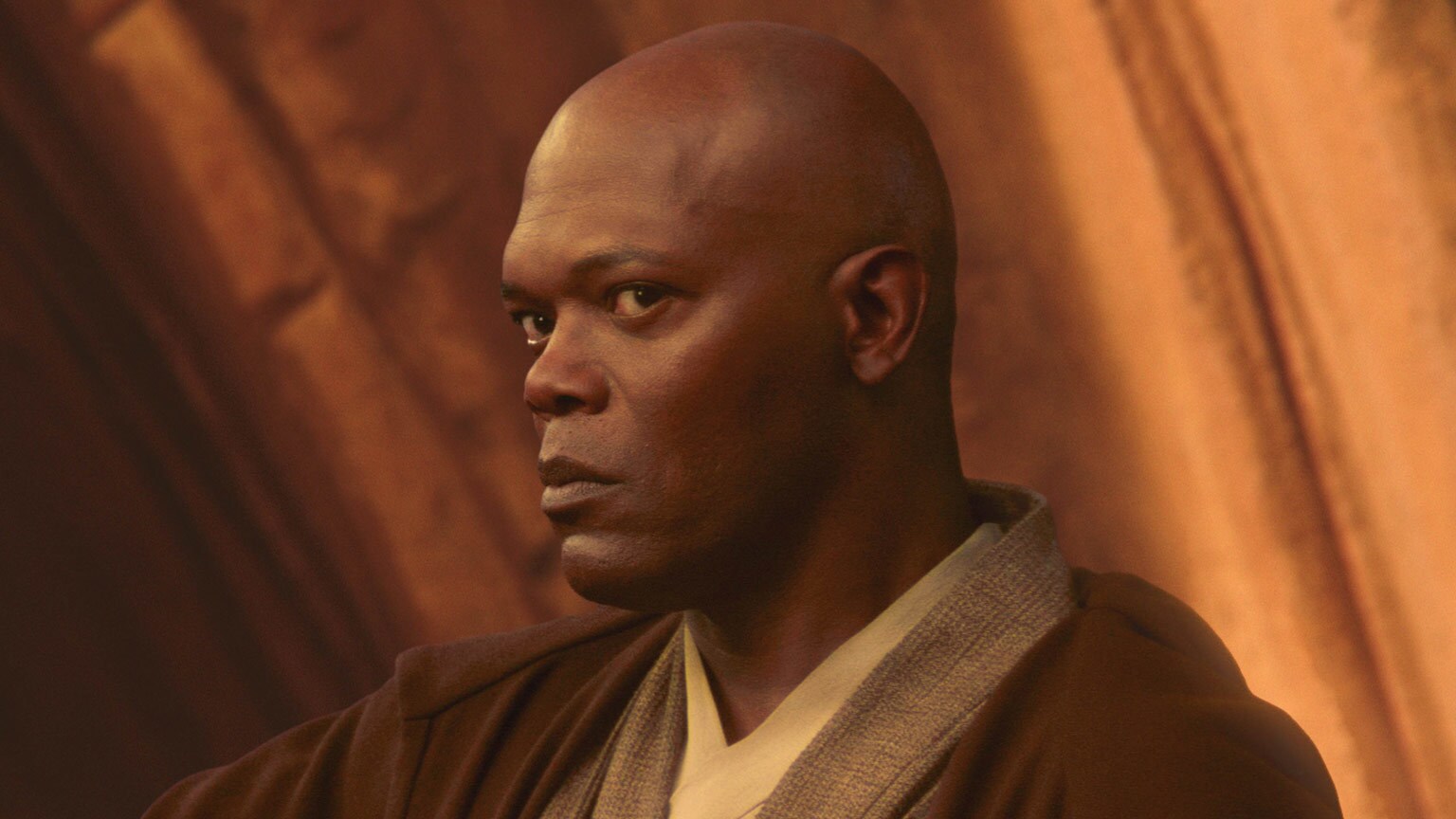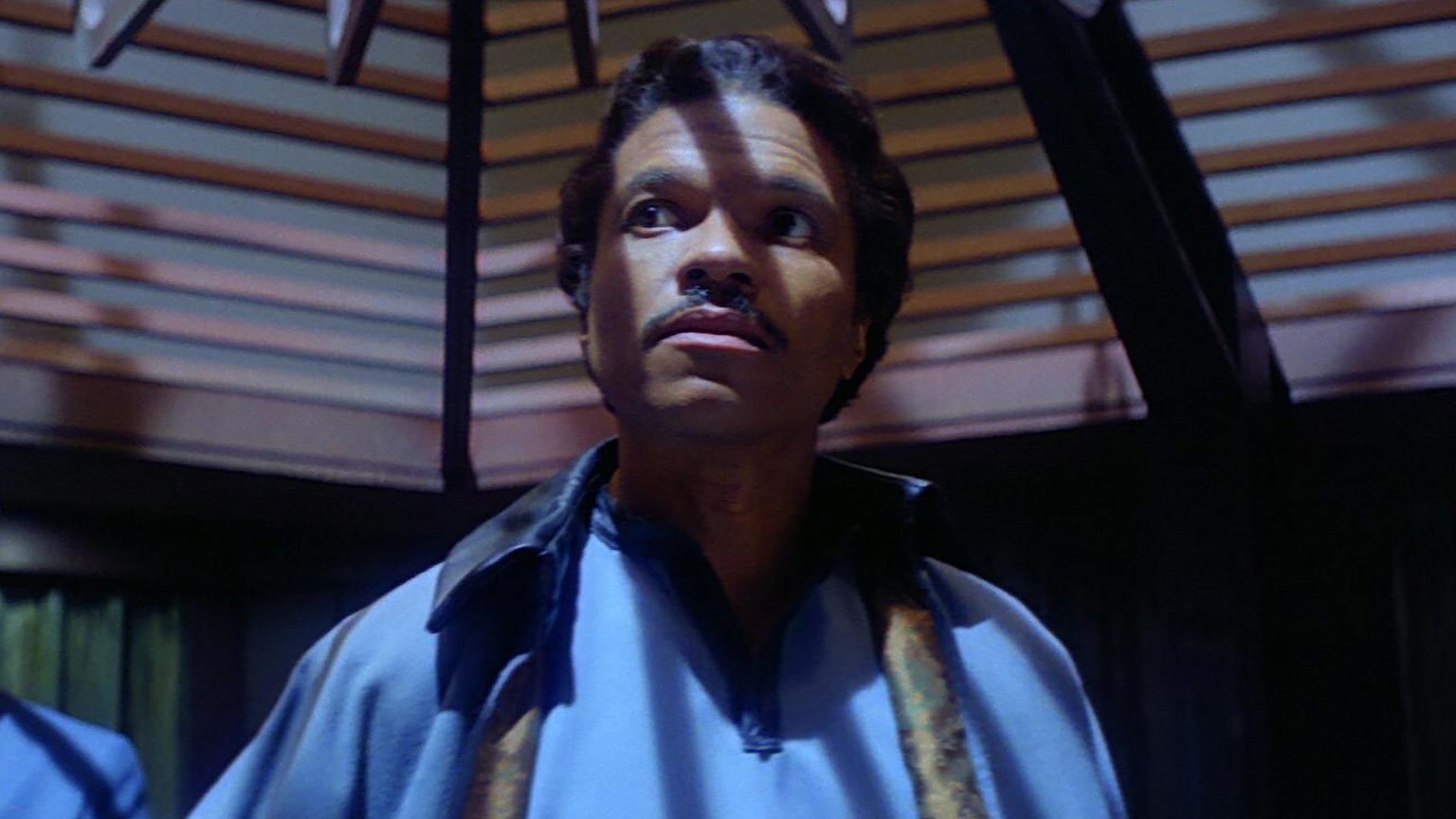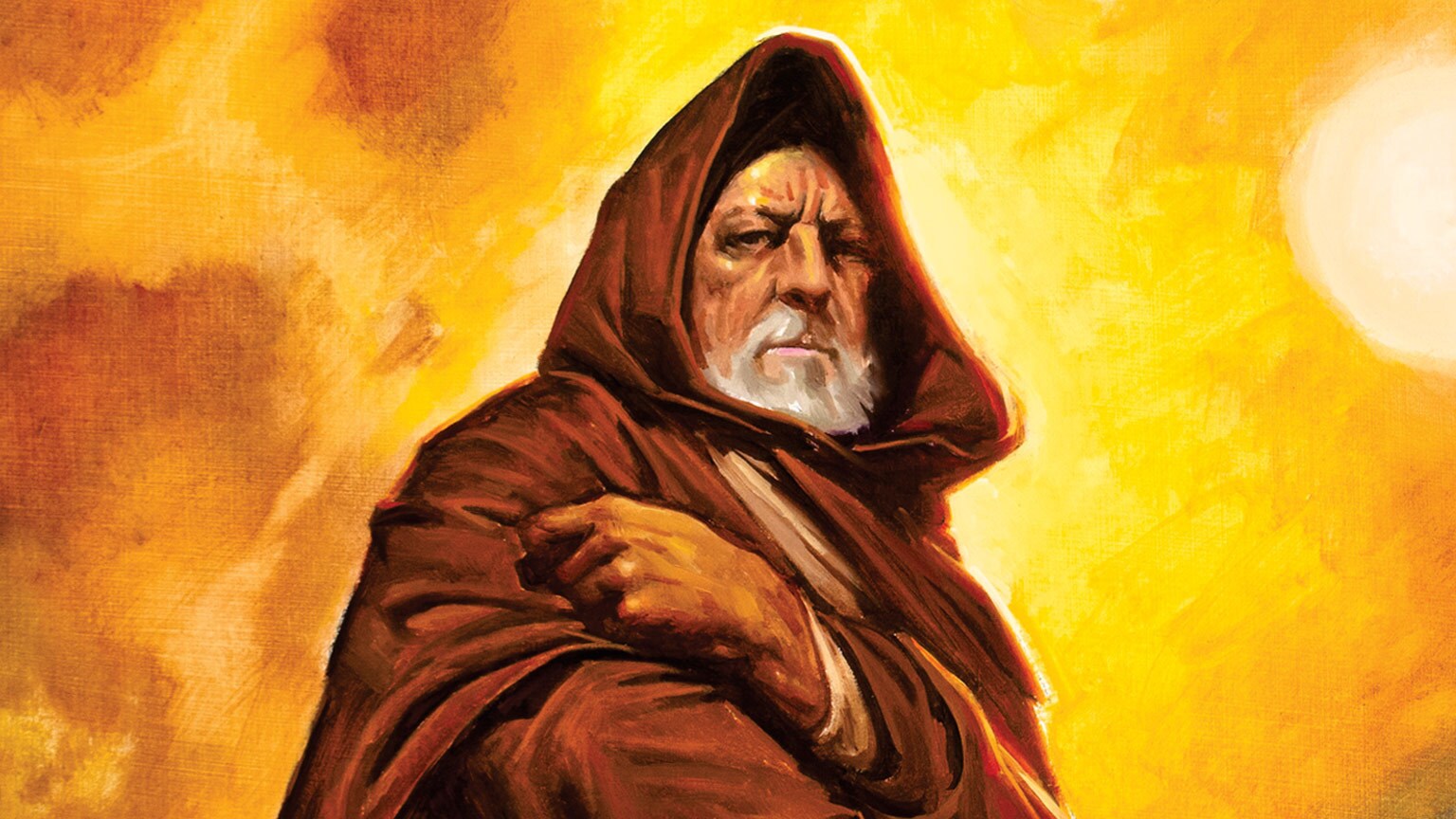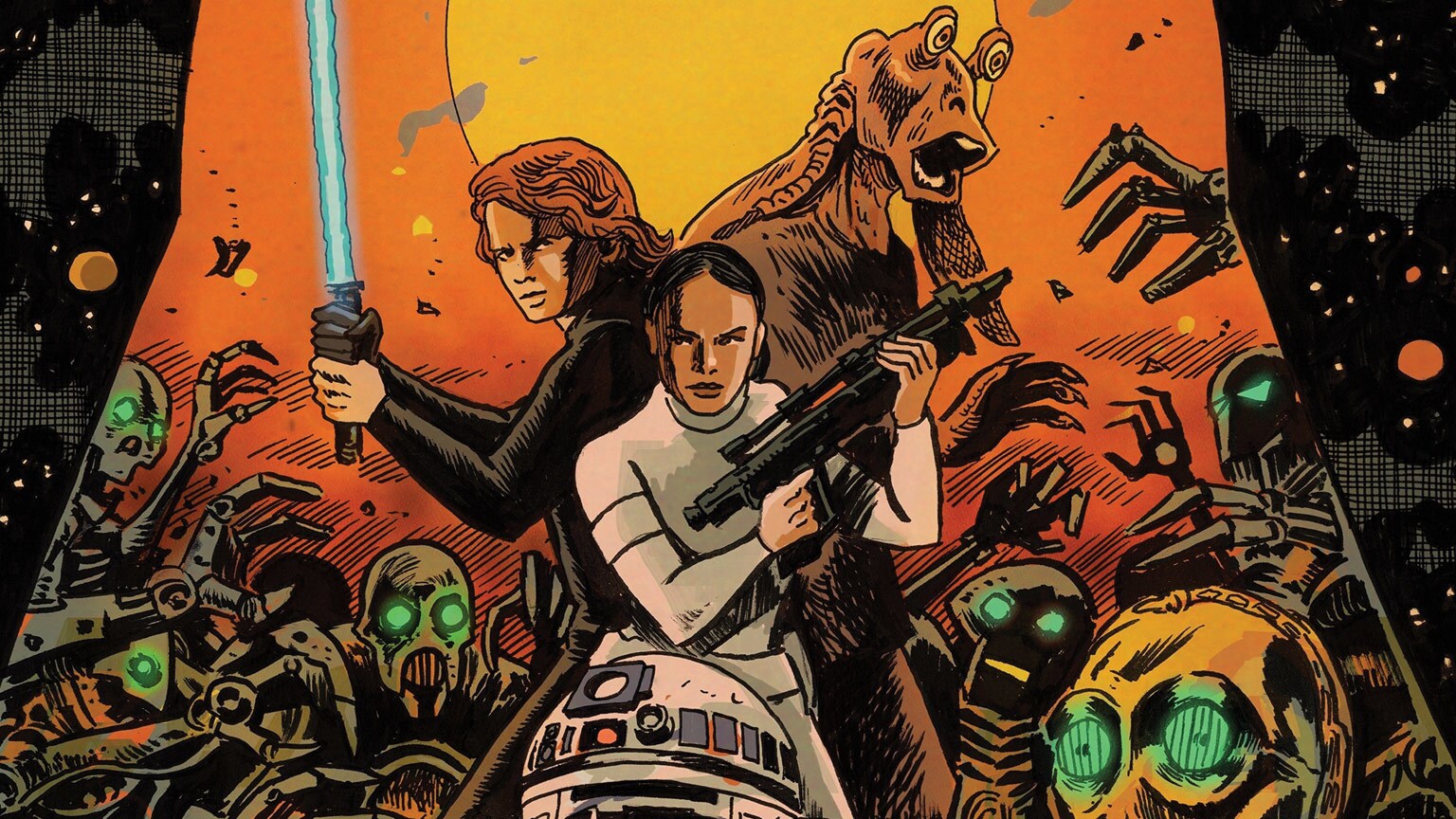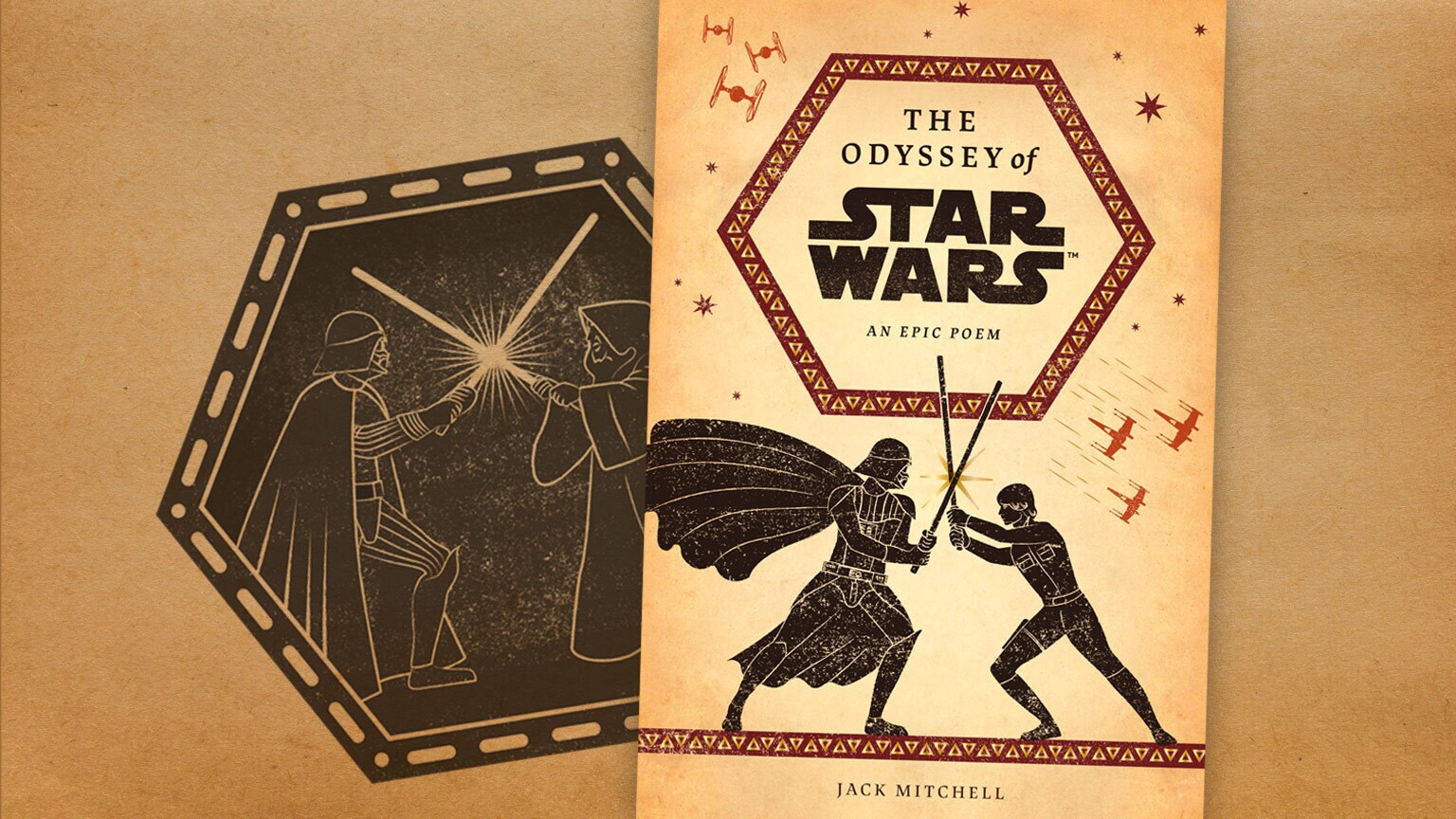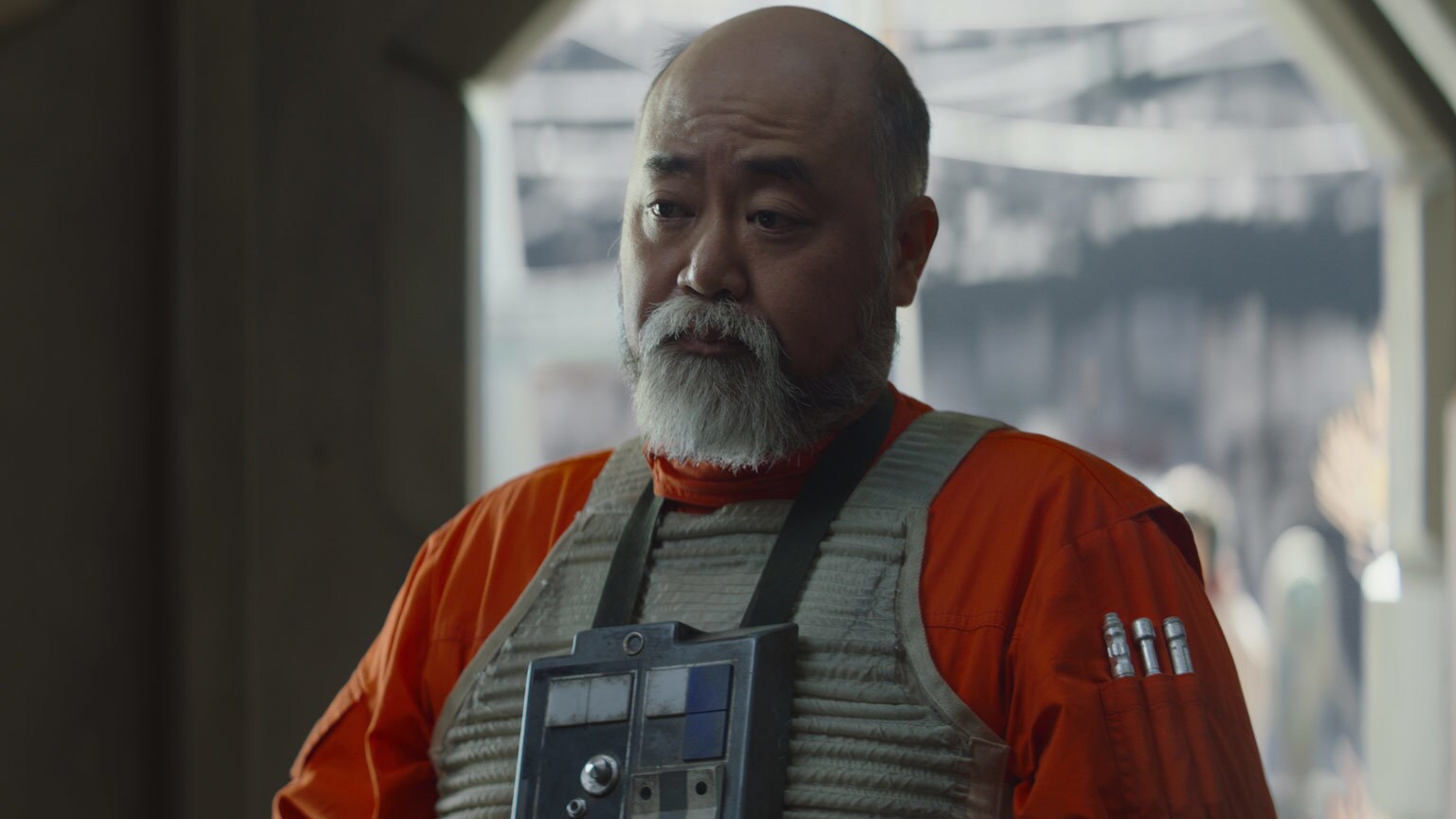We’ve seen him rise through the Empire’s ranks to become Grand Admiral. We’ve seen him launch a formidable attack on the Ghost crew and the Rebellion itself. Now, we finally get to see where it all started. The first installment of Timothy Zahn’s new trilogy, Star Wars: Thrawn Ascendancy - Chaos Rising, transports us back to Thrawn’s origins within the Chiss Ascendancy. As the Ascendancy faces an unknown attacker, we finally get a look at the experiences that helped shape Thrawn into the intimidating Imperial strategist we’re all so familiar with. To mark its release in hardcover and audiobook, StarWars.com called up Zahn to delve deeper into the book.
StarWars.com: This book and series gives us a good look at Thrawn before he became the Grand Admiral we all know and love. What was it like delving into his character at this time?
Timothy Zahn: It was interesting. Thrawn is pretty much set in my mind in the way he deals with things. We see him in a different setting among his own people, having different obstacles and goals than when he was dealing with the Imperials. He is still proving himself to his society, he is slowly making friends and allies but at the same time making enemies. Unlike the Empire, these are his own people so there’s going to be a certain amount of intimacy and satisfaction when making new friends or regret when dealing with an opponent. And of course, there’s a lot of politics in the Chiss Ascendancy and that’s something Thrawn’s just not good at.
StarWars.com: Throughout Chaos Rising, you really start to feel like Thrawn is a good guy in this story. He’s trying to save his people as well as those within the Chaos, but there is always a line or two that reminds you he’s dangerously cunning, calculative, and ruthless. How do you walk that line?
Timothy Zahn: It’s a matter of knowing what he wants, what his goals are. His goal is to protect his people primarily and then protect other innocent people surrounding the Ascendancy from evil. He will do whatever it takes to accomplish that. His ruthlessness comes out when something is in his way that shouldn’t be or that he feels shouldn’t be. He’s willing to go through that obstacle no matter what the consequences are.
StarWars.com: The Chiss Ascendancy and their homeworld, Csilla, are at the forefront of this story. How did you approach developing the intricacies of this society?
Timothy Zahn: I added a few hints here and there in the other books. I’ve made mention of the Nine Ruling Families and how that number can shift and how you can be rematched to a different family. The idea was that you have a sort of hereditary rule, like the Borgia family of Italy. But in this case, people keep coming back in and out of the family so you don’t have the stagnation that you could easily get. So, it was a matter of, “How do I relate these things together to build a coherent society?” I had the four corners of the house but now I had to build out the interior and a lot of interesting things occurred when I started to do that. A lot of it is what’s called, “consequence testing.” If there are these nine ruling families, how does the rest of society work? I decided early on that the Chiss don’t have the same democratic branches that we’re used to in the US. All that happens within the Syndicure. So, I figure out, “How does that work, how do you keep it stable, how do you keep it from becoming an overall dictatorship?” Well, all the families infight. You take all these things and try to make something that will work, that will function. Again, I had the basics for this book, I just needed to start filling it all in. Their culture is an interesting mix of constant familial squabbling until there’s a clear and present danger and then they all come together. You do not want them on the same side if you’re planning on attacking them, they’re not the kind of opponent you want to face.
StarWars.com: The Chiss also have an interesting outlook on the rest of the alien species within the Chaos. Why do they feel like they’re above everyone else?
Timothy Zahn: This is another example of consequence testing. If you’re going to say you don’t care that a species or planet is being beat up by the bad guys and that you’re not going to interfere until it directly affects you -- that kind of attitude leads to thinking that they’re inferior, that your own people are more important. It all ties back into itself. Thrawn thinks that’s a very short sighted view and you see him discussing this with Ar’alani and her response is, “Well if we start to help others, where do we stop?” One of the fun things about this sort of book is being able to deal with real-world questions and issues but in a world that isn’t our own. We’ve got this whole ethics conversation about what responsibilities a super-power society has. The goal is to set up that idea to the readers in a fair way, to pose the questions and the plus and minus sides so that the reader can make up their own mind.
StarWars.com: It is nice that you get differing opinions within the Chiss Ascendancy and Thrawn considers them all. Oftentimes when he’s talking with others, they seem surprised when they offer up a contrary opinion to Thrawn’s and he doesn’t immediately dismiss them.
Timothy Zahn: One of the worst things you can do in a society is to label one side as evil because then any hope of dialogue disappears. You can think that the other side is wrong, but once you say “evil” there’s no basis for conversation, there’s no attempt to change hearts and minds -- that leads nowhere. The idea is to persuade the other side that you’re correct; you can still think they’re wrong, but you want to convince them of that. The mark of a good leader is that they don’t reject anything out of hand. Consider all the options, all the sides. You may decide it’s wrong but simply shutting an idea down closes off communication, compromise, and is ultimately self-defeating.
StarWars.com: So rounding back to the alien species that make an appearance in the book, a lot are new and we get a better sense of who inhabits the Chaos. Are there any similarities between the species that enable them to thrive in the Chaos?
Timothy Zahn: There’s nothing really distinct among them except that because of the difficulty of long range travel within the area, they’re all smaller societies. The Ascendancy is in a relatively calm area, so you can travel back and forth without having to hire a navigator or have a sky-walker on board. But, for most of the planets outside of the Ascendancy’s borders, there’s this thicket that you have to get through, there’s debris and the hyperspace lanes keep changing. You need to hire a navigator to be able to move through that, so the trade contacts and political alliances tend to be smaller among those species.
StarWars.com: Sky-walkers also play a big role in this first installment and they seem to have a very unique connection to the Force. What was your inspiration behind these characters and why the “sky-walker” name, besides the obvious reasons?
Timothy Zahn: It was only going to be a nice little nod for when Thrawn first meets Anakin, but then I was offered this trilogy and I realized I was kind of stuck with it. [Laughs] It was a good thing I put the hyphen between it so that people won’t get confused. The name itself makes sense, these people are truly traversing the stars. I wanted something different, I didn’t want to just throw in hyperdrive again. It’s great but it’s a standard trope. I wanted to put a little more limitation on things. As soon as you introduce a complication, it has ramifications that are worth exploration and are interesting to the reader. For those in the Chaos, if you can’t make it through this space by yourself, you have to hire someone who can. They’re dependent on others and those others, the navigators, need to have their own code of ethics. What does that all mean for the greater society? If you want to attack someone, the navigator you hire can’t be blabbering about anything. And this all leads back to why this isn’t an easily explorable space. It makes it interesting, it’s another challenge for the society and for the reader.
StarWars.com: The Batuu interaction between Thrawn and Anakin is now told from Thrawn’s perspective and provides more insight into the whole thing. Did you have an idea of the scene from Thrawn’s viewpoint when you first wrote it in Thrawn: Alliances?
Timothy Zahn: Heavens no, I didn’t even know these three books were going to be written. [Laughs] It was just going to be from Anakin’s point of view when I first wrote it, I thought it was a nice little cameo. Putting it into this book was a great way to anchor the story within the timeline, so it was just a matter of setting it up and figuring out how Thrawn and Cher’ri experienced it. It was a lot of fun to do that, but I never had the expectation that I would be able to do so. An interaction has at least two participants and they always see the same thing a little differently, they have their own backgrounds and experiences and that was great to be able to explore with this scene.
StarWars.com: Chaos Rising features quite a few major space battles. What kind of research do you do when creating those scenes?
Timothy Zahn: In the films, you don’t really have time to get into the internal tactics and discussions that are happening inside the ships during a battle, so that’s a big advantage of writing them in books. When I approach a battle I’m thinking about who the enemy is, what are their tactics like, and what are their weaknesses. What are the Chiss’s weaknesses, their strengths? And I also decide how I want the battle to end. [Laughs] But that’s about it. I make sure I understand both sides and then I let it rip!
StarWars.com: What do you think fans will be most excited about when reading this book and series?
Timothy Zahn: It’s impossible to tell. [Laughs] I hope they enjoy getting to learn more about the Chiss culture and family structures, to see where Thrawn came from. Although he’s unique there are still a lot of other interesting Chiss characters, some of whom understand Thrawn, some who just put up with him, and some that hate him. You can’t just do a book solely about the Chiss Ascendancy, it has to be the backdrop to another adventure. I had to weave all those aspects together and provide a good solid insight into the culture while also making sure Thrawn is out there kicking butt. The goal is to balance those two things.
Thrawn Ascendancy: Chaos Rising is available now.
Anina Walas is an associate producer at Lucasfilm with the Star Wars online team and writes the occasional article for StarWars.com. She loves pretty much everything Disney, great weather, traveling, making and eating really good food, and of course, Star Wars. Although Admiral Ackbar was her favorite character, the Child from The Mandalorian has definitely made its way into that top slot.
Site tags: #StarWarsBlog




